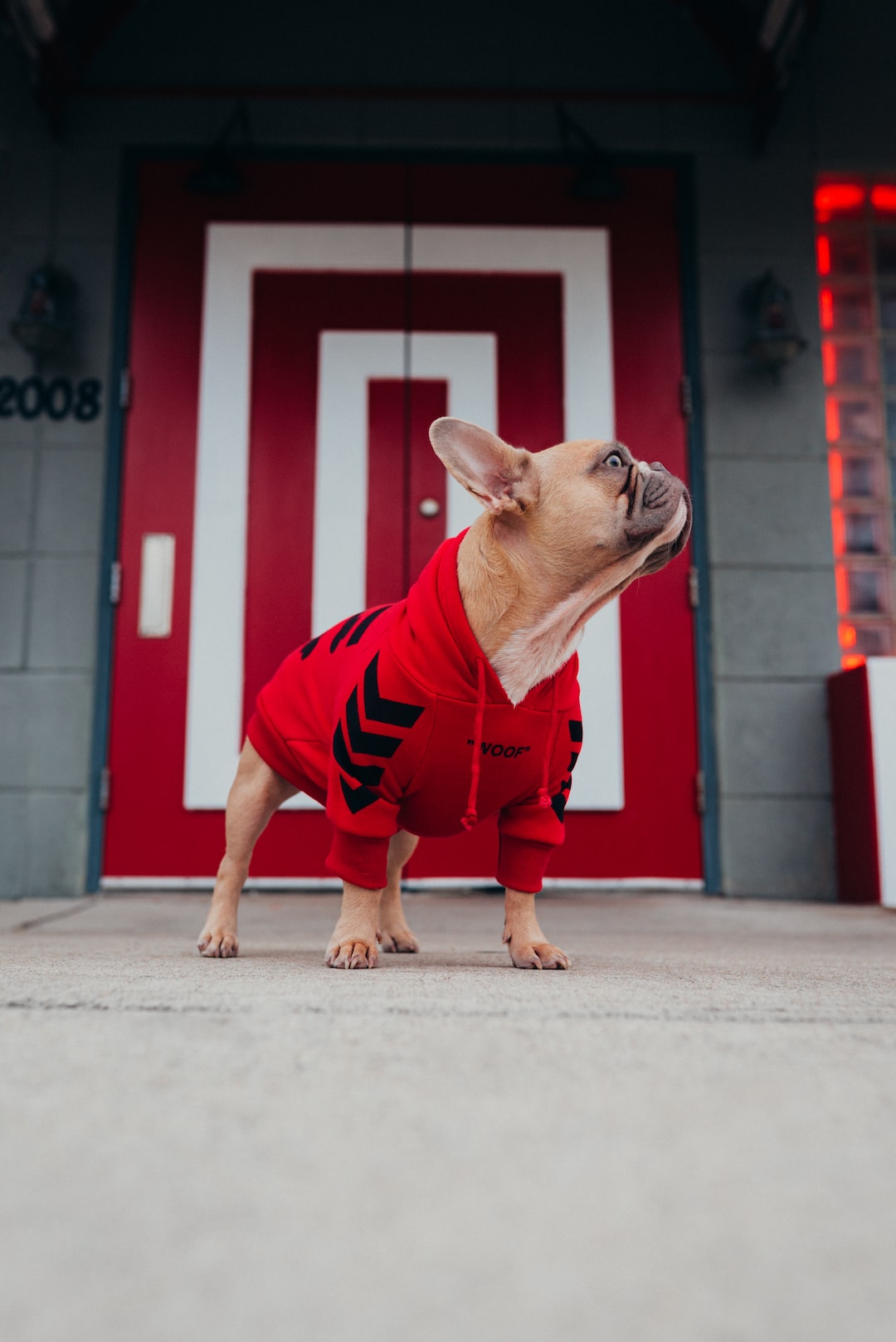Pet Finances 101: Budgeting for the Cost of Owning a Pet
Owning a pet brings immense joy and happiness to our lives. They become cherished members of our families, showering us with unconditional love and loyalty. However, it’s important to remember that being a responsible pet owner entails more than just providing love and affection. One crucial aspect of pet ownership is managing the financial responsibilities that come with it. In this blog post, we will discuss the various costs associated with owning a pet and how to effectively budget for them.
Before bringing a pet into your home, it’s essential to understand the financial commitment involved. From food and veterinary care to grooming supplies and unexpected expenses, the costs can quickly add up. By developing a budget, you can ensure you have the necessary funds to provide your furry friend with everything they need.
Food is one of the primary ongoing costs associated with pet ownership. The nutritional needs of different animals vary, so it’s essential to select a high-quality pet food that suits your pet’s specific requirements. Research the prices of different brands and their nutritional value to find the best fit for your budget. Consider buying pet food in bulk to save money in the long run.
Another significant expense to consider is veterinary care. Regular check-ups, vaccinations, and preventive medications are crucial for your pet’s health. Additionally, unexpected illnesses or accidents may require emergency veterinary care, which can be quite expensive. To prepare for these costs, consider enrolling in pet insurance or setting aside a portion of your monthly budget dedicated to veterinary expenses.
Grooming is an essential part of pet care to keep your pet healthy and clean. Whether you have a long-haired breed that requires frequent grooming or a short-haired one that needs occasional brushing, grooming expenses can accumulate. Consider the cost of grooming supplies, such as brushes, clippers, and shampoos, as well as the cost of professional grooming if needed. Learning to groom your pet yourself can save money in the long run.
Training and socialization are crucial aspects of responsible pet ownership. Enrolling your pet in obedience classes or hiring a trainer can be beneficial for both you and your pet. While this may seem like an additional expense, training can prevent behavioral issues that may lead to costly damages or accidents in the future.
Don’t forget the cost of pet accessories and supplies. From collars, leashes, and toys to bedding, crates, and litter boxes, there are numerous items your pet will need. Research prices and compare options to find the best deals and quality products that fit your budget. It’s also worth considering buying second-hand items from trusted sources to save money.
In addition to these ongoing costs, it’s essential to plan for unexpected expenses. Pets, just like humans, can experience accidents or develop health conditions that require immediate attention. Setting up an emergency fund specifically for your pet’s unexpected medical needs can help alleviate financial stress during times of crisis.
To effectively budget for pet expenses, start by analyzing your monthly income and expenses. Determine how much you can comfortably allocate toward your pet’s needs. Create a separate category in your budget specifically for pet-related expenses, including food, veterinary care, grooming, and accessories. Be realistic and account for any possible fluctuations in costs.
An excellent way to save money on pet expenses is by looking for deals and discounts. Many pet food stores offer loyalty programs or bulk discounts, and online retailers often have competitive prices. Take advantage of these options to reduce costs without compromising on quality.
Lastly, stay proactive about your pet’s health and well-being to avoid unnecessary expenses. Provide a balanced diet, maintain regular exercise, and keep up with preventive care such as vaccinations and parasite control. By investing in your pet’s overall health, you can potentially reduce the chances of costly veterinary bills later on.
In conclusion, being a responsible pet owner involves more than just providing love and care. Budgeting for the cost of owning a pet is essential to ensure you can provide for all their needs. By estimating monthly expenses, planning for unexpected costs, and seeking deals and discounts, you can successfully manage your pet’s finances. Remember, your furry friend depends on you for their well-being, so make sure their financial needs are taken care of too.

